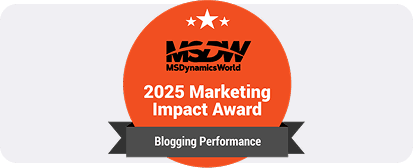Up To 15% Increase In Microsoft Cloud Solution Prices: What You Need To Know
As a business owner, you’re likely aware of the many benefit
Microsoft Dynamics 365 Copilot: Unlock Your Business Potential With AI Assistance
Microsoft Copilot- an advanced solution to help humans innov


